There are many times when making a difference in your neighborhood only requires a little time and a little effort. Elbow grease, helping hands, and goodwill really do go a long way.
But there are times when a group of neighbors come together to pursue the common good of their neighborhood and the plan they come up with requires some funding. What do you do when that is the case? What are some different methods you can explore to fund your neighborhood project?
Before looking for funds, make sure you have a concise project plan and a detailed budget ready so that you know exactly what you need. Once you have that, here are some possible avenues to pursue:
- Elected Officials. Oftentimes, local elected officials will have a budget to help fund local projects. Find your representatives and reach out. Let them know the basics of your project and ask for what you need. This is more likely to succeed if you’ve taken the time to get to know your local government and have already built some credibility.
- Service Clubs. Reach out to your local service clubs (Rotary, Lions, Kiwanis, etc.) and inquire about any small grants they offer for neighborhood projects.
- Personal Network. Think of the three most influential people you know in your community. Schedule coffee with each person to share your project plan. Be prepared to ask for support! You can ask for direct financial support and/or any leads or connections that your contact is willing to make.
- Local Partnerships. If your project aligns with other work that’s happening in your community, explore partnership.
As it turns out, partnerships are always worth exploring. Where I live I know of a small church that wanted to start a community garden. They had space and skilled volunteers but no funds. Lots of people run into this same dilemma: they want to make a difference and have a plan, but they need a little funding. In the case of this small group, they explored a partnership. A quick Google search led them to Gateway Greening, a nonprofit that is dedicated to helping people start community gardens. The small church was able to secure materials and training to establish their garden and now it’s a thriving gathering place for neighbors to grow together.
If you ever find yourself facing a similar situation—you’ve got helping hands, elbow grease, and goodwill but lack some funding—don’t give up. Whether it’s partnerships, personal networks, service clubs, or elected officials, there are lots of possibilities you and your group can pursue.
And remember, no matter where your funding ultimately comes from, it’s always good to follow up with a thoughtful thank-you note!

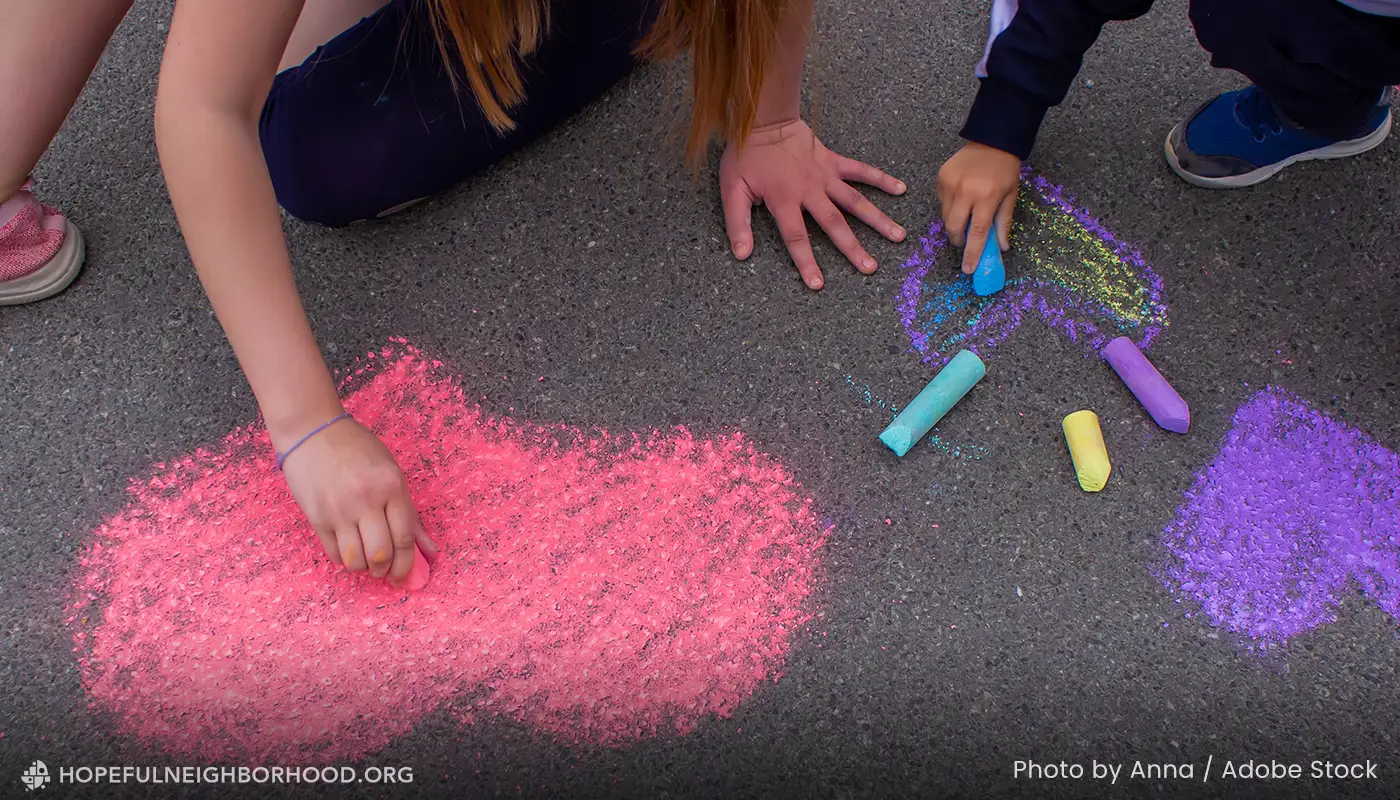
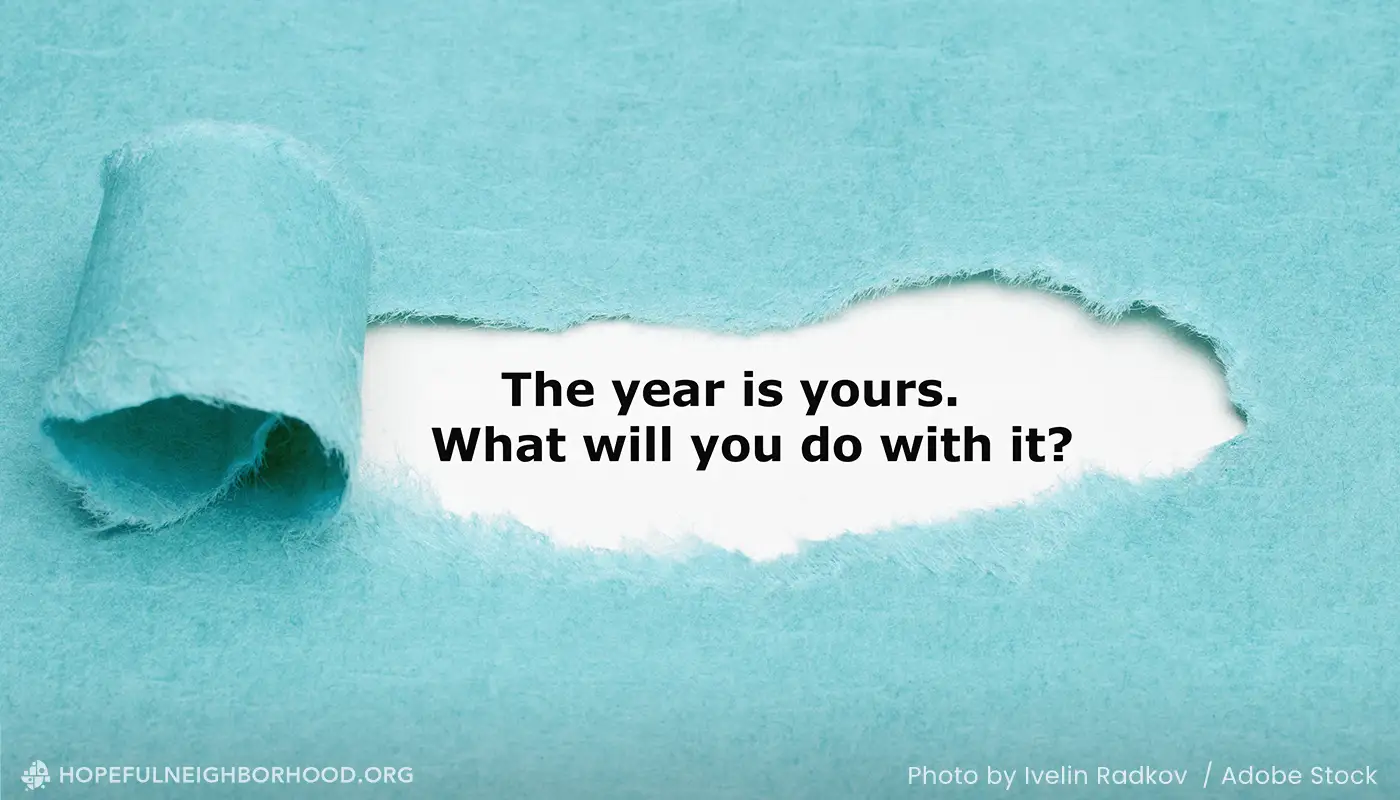

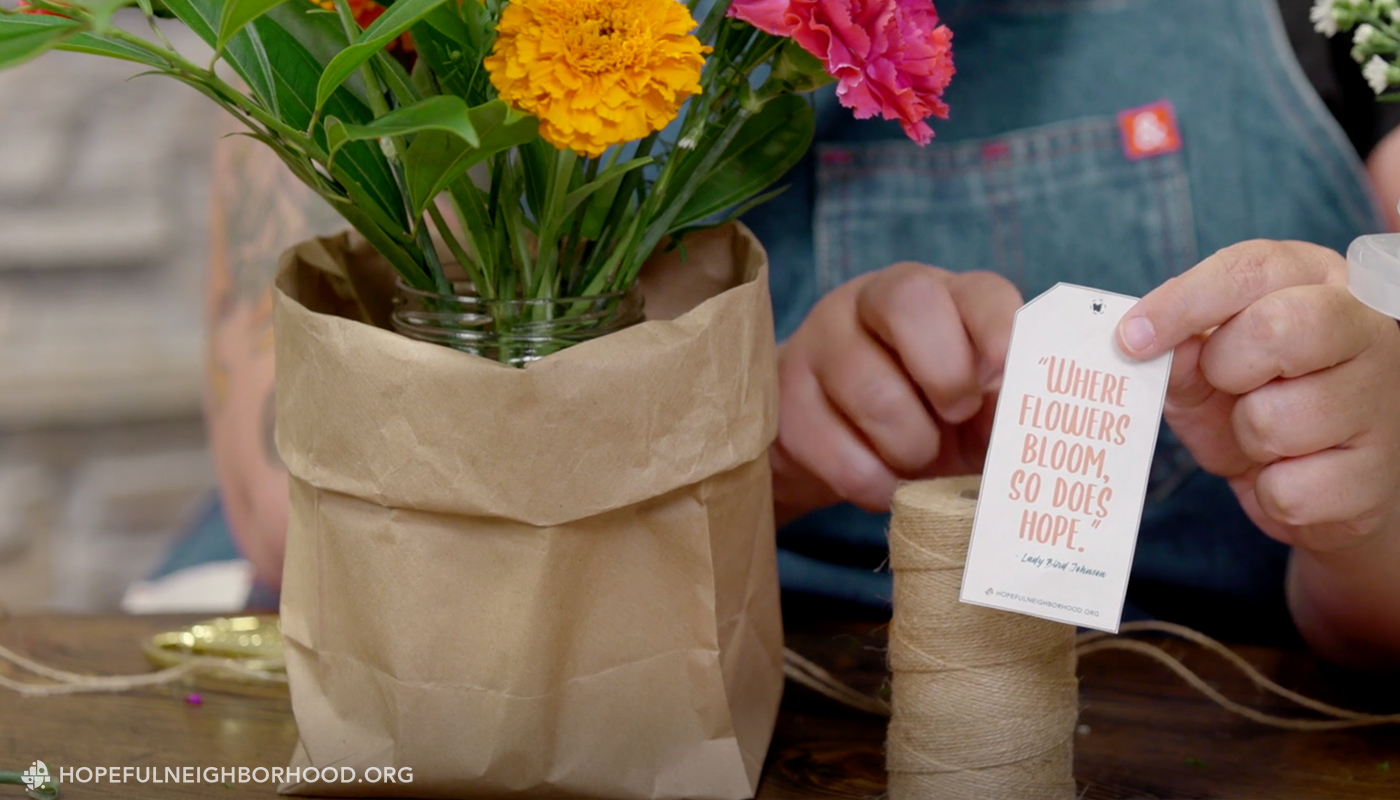
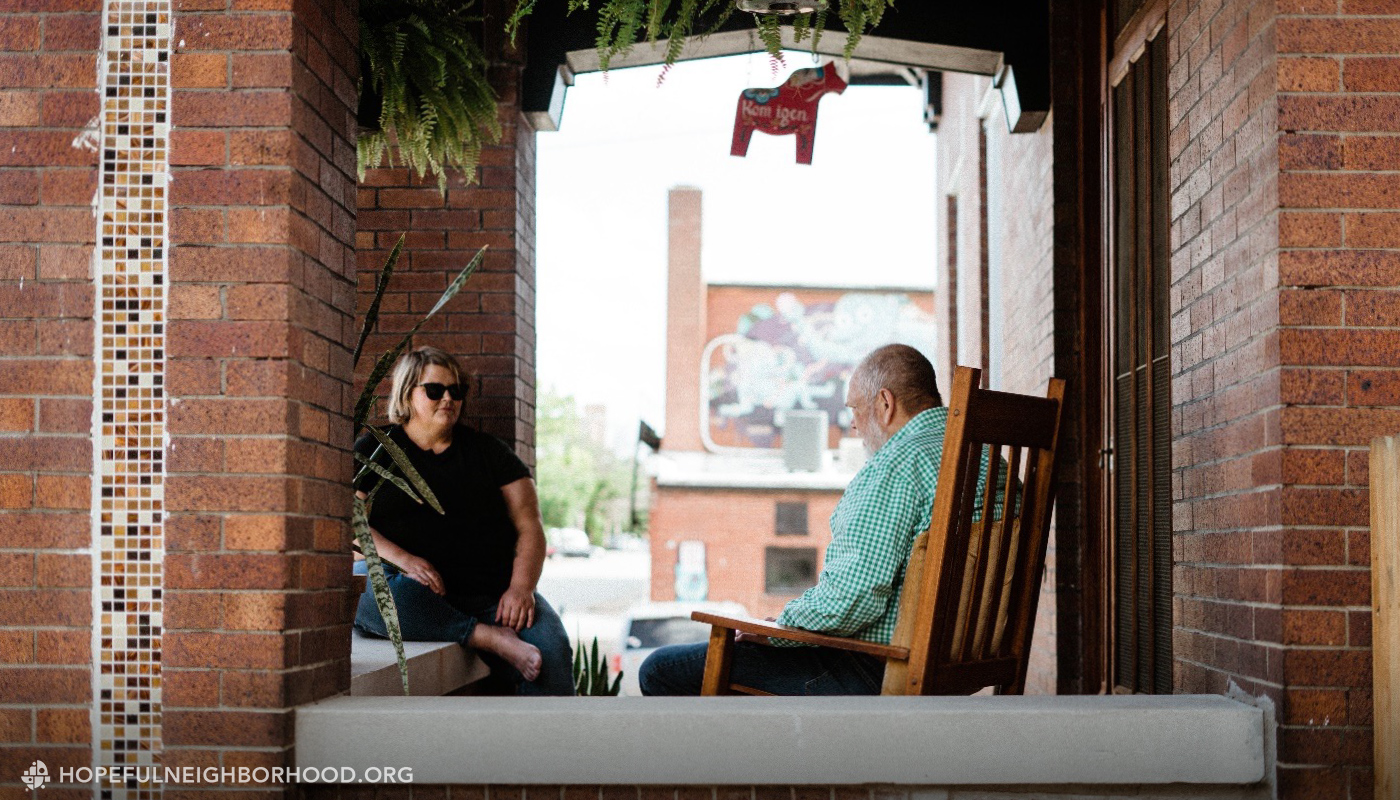

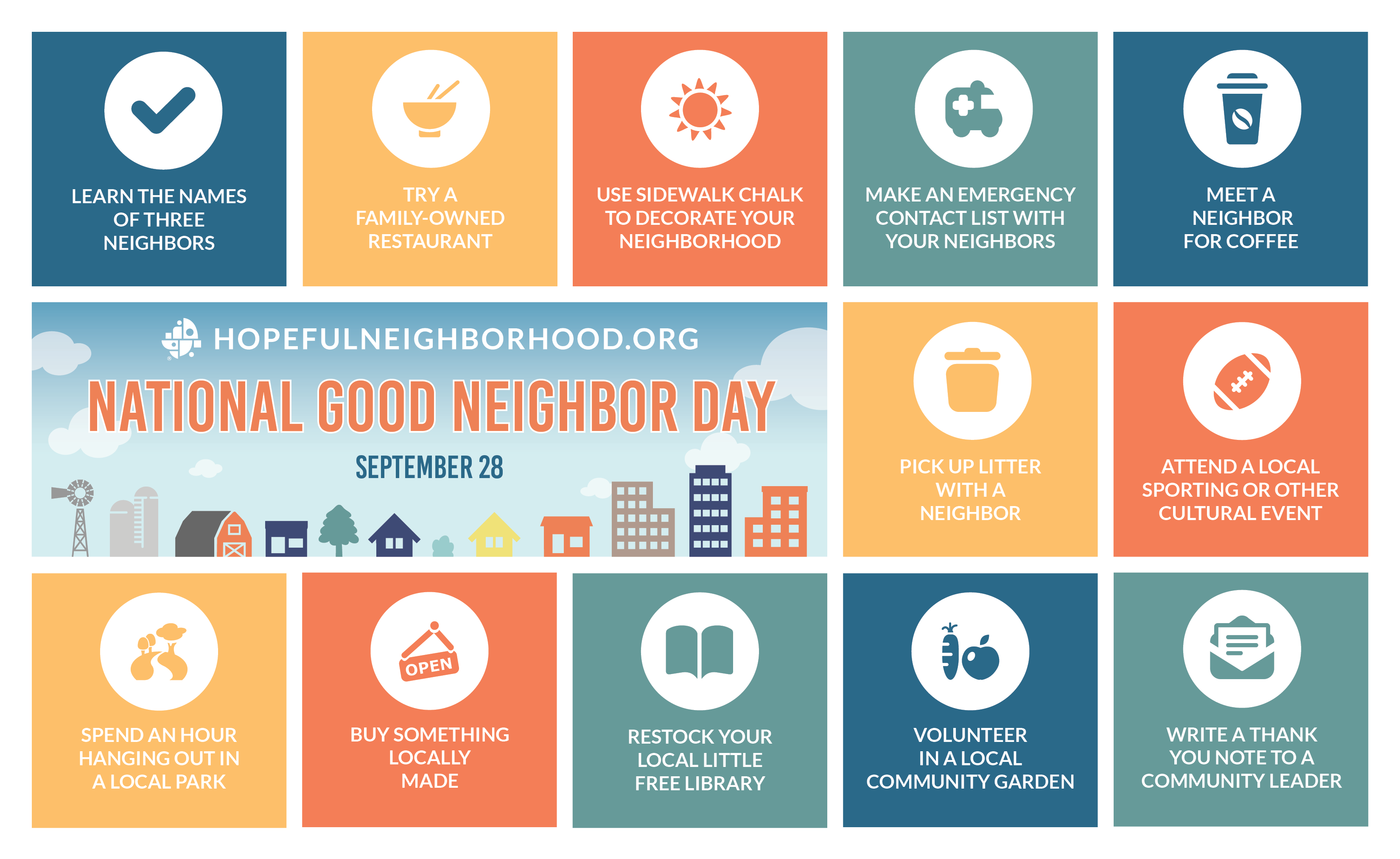


0 Comments